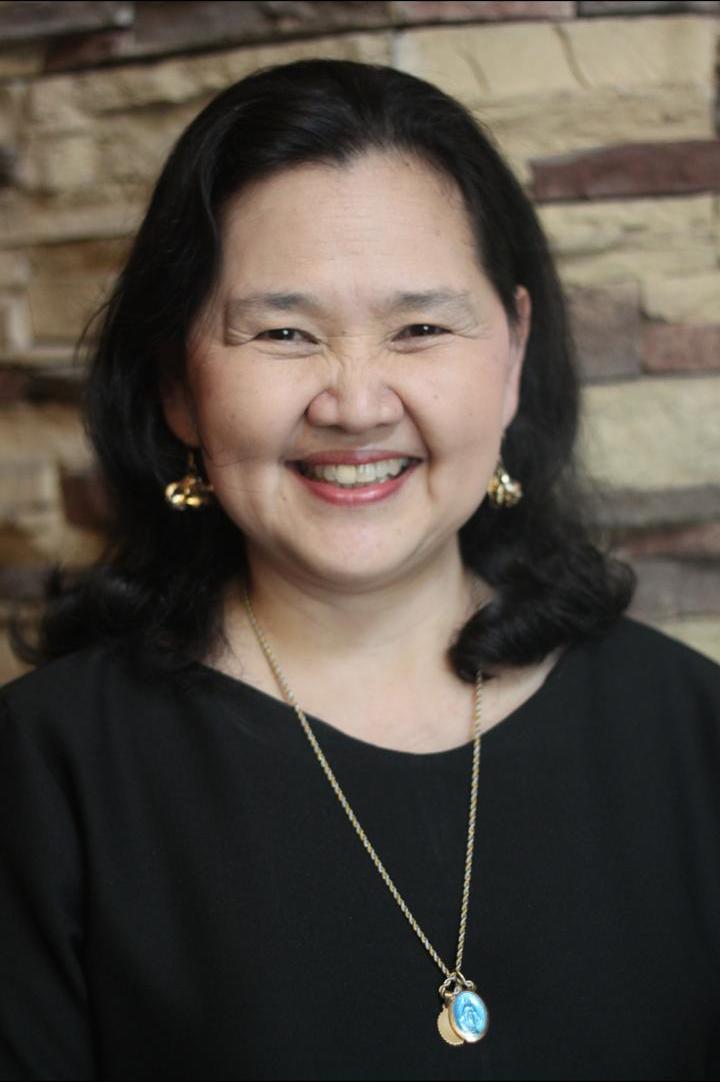Why immunization programs must continue amid the pandemic
Health experts say this over and over again: “Vaccination saves lives.”
But due to the pandemic, most of us try to avoid visits to our doctors for routine vaccinations and other primary care services for fear of contracting the deadly coronavirus.
“This decision can present serious ramifications not only for the patient, but also for overall public health,” warns Dr. Regina Berba, head of the Hospital Infectious Control Unit, Philippine General Hospital, during the recent “Balik Tiwala, Balik Bakuna: Debunking Vaccination Myths in the Time of COVID-19 Pandemic” webinar.

Presented by the UP College of Medicine-Mu Sigma Phi Medical Sorority and health care company MSD in the Philippines, the webinar is aimed at building and sustaining vaccine confidence in the time of COVID-19.
According to Dr. Berba, slowing or stopping access to immunization increases the “risk of outbreaks of other vaccine-preventable diseases.”
“Vaccination programs must continue amid the COVID-19 pandemic, especially for newborns and the elderly,” the infectious disease specialist stressed.
At one to two months, your baby should receive vaccines to protect them from the following diseases: BCG (Bacillus Calmette-Guerin, a vaccine primarily used against tuberculosis) hepatitis B, diphteria, tetanus, Hib (haemophilus influenzae type b disease) and polio.
The Philippine Pediatric Society (PPS) and the Pediatric Infectious Disease Society of the Philippines (PIDSP) released its guidelines on vaccination during the COVID-19 pandemic, which reiterate the value of rigorously adhering to safety protocols and highlight the importance of “weighing the benefits versus the risks in any given situation where vaccination is to be conducted.”
And so what happens when our kids don’t get their vaccines?
“There could be an outbreak of vaccine-preventable diseases,” warned Dr. Berba. “The Philippines experienced a sharp decline in vaccination rate from 87 percent in 2016 to 68 percent in 2019. After the decline, an outbreakof measles and polio cases were reported in the country.”
Vaccination is among the greatest triumphs in medical history, proven to save two to three million lives a year or five lives a day.
Through vaccination, diseases like smallpox have been eliminated.
“There was a time in our history when smallpox was a significant threat to the whole world, much like COVID-19,” said Dr. Berba while presenting the photo of Rahima Banu, a three-year-old boy from Bangladesh, the last known case of naturally acquired smallpox in 1978. “When I was including this slide in my previous lectures pre-COVID, it was very difficult for us to understand exactly how this health problem/illness could paralyze the whole world. But now in the context of COVID-19 and living under the new normal, we realized just how important vaccination really is in controlling this kind of virus.”
Free pneumonia immunization for indigent seniors
The elderly, on the other hand, should still get their shots of influenza and pneumococcal vaccines because they are highly vulnerable due to their weakened immune systems and pre-existing health conditions. They have a greater likelihood of acquiring illnesses including pneumonia and influenza, which have symptoms similar to COVID-19.
In 2016, 57,809 deaths due to pneumonia were recorded, while in 2018, pneumonia accounted for 28,952 deaths in the female population alone.
“Preventing respiratory illnesses and hospitalization through vaccination will allow respiratory medical equipment, medications and healthcare workers to be more available to support patients with COVID-19,” noted Dr. Berba.
The government’s vaccinaton services are set to continue with adaptive guidelines in order to protect vulnerable age groups like senior citizens.
It is also stipulated under RA 994 or the “Expanded Senior Citizens Act of 2010” that indigent senior citizens are entitled to free vaccinations for pneumonia and influenza.
In light of the COVID-19 situation, the World Health Organization (WHO) has provided guidelines for national immunization programs, which are considered by the Department of Health (DOH) in its recent interim guidelines for immunization services amid COVID-19.
These guidelines emphasize that immunization is a core service, which must not be compromised while battling COVID-19.
According to the DOH guidelines, immunization services should be continued as long as COVID-19 response measures allow, and if areas are at low risk.
With the interim guidelines in place, regions in the country have already made strategic plans and implementation of the government’s free immunization services in communities for easier access, convenience and safety.
“Immunization is public health’s best buy,” enthused Dr. Berba. “During this life-changing pandemic, let us not forget the role of the other vaccines in saving people’s lives as we anxiously await the development of the vaccine that could totally eradicate COVID-19.”


